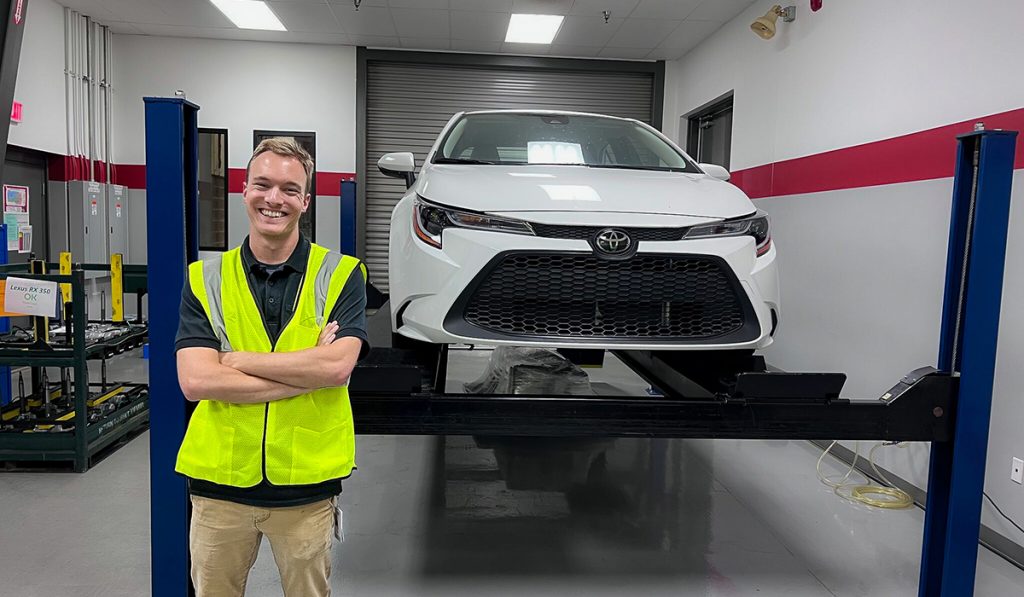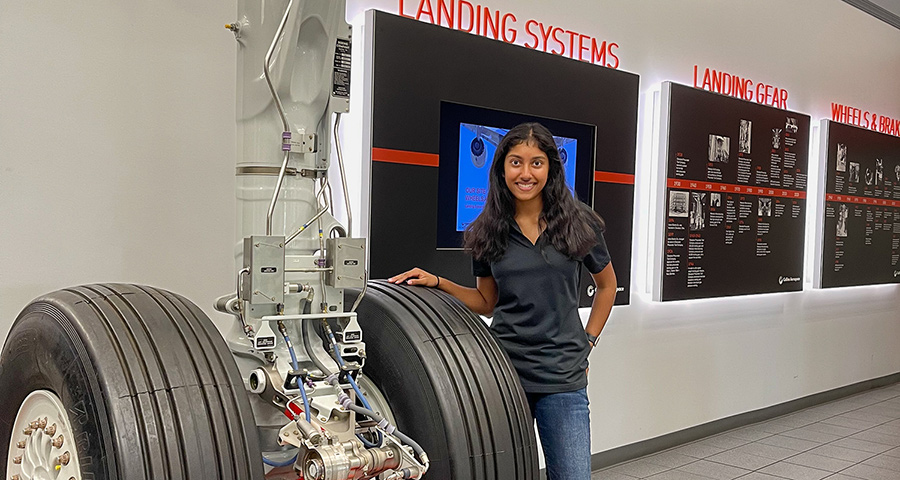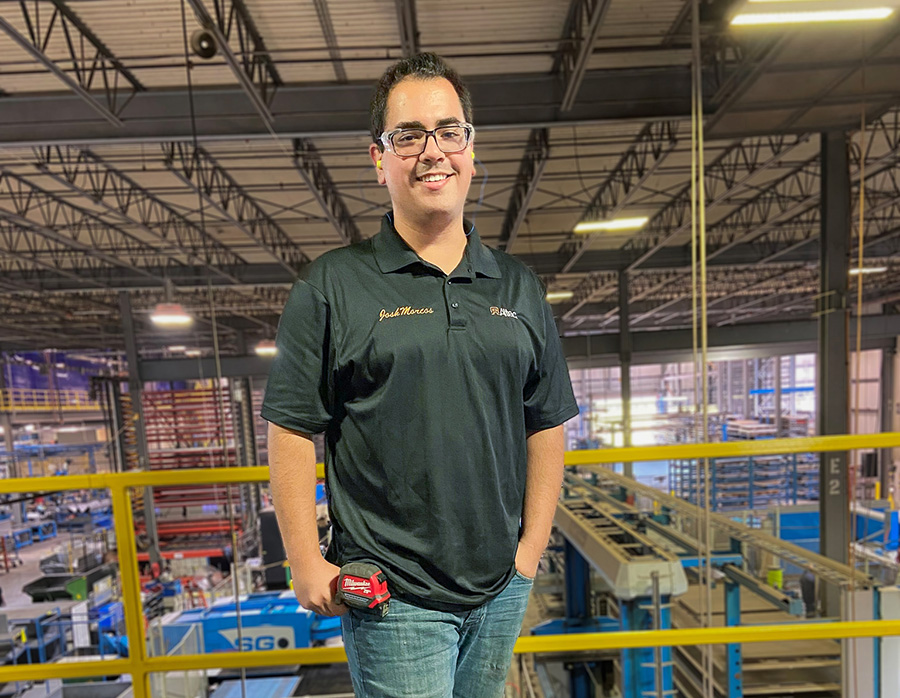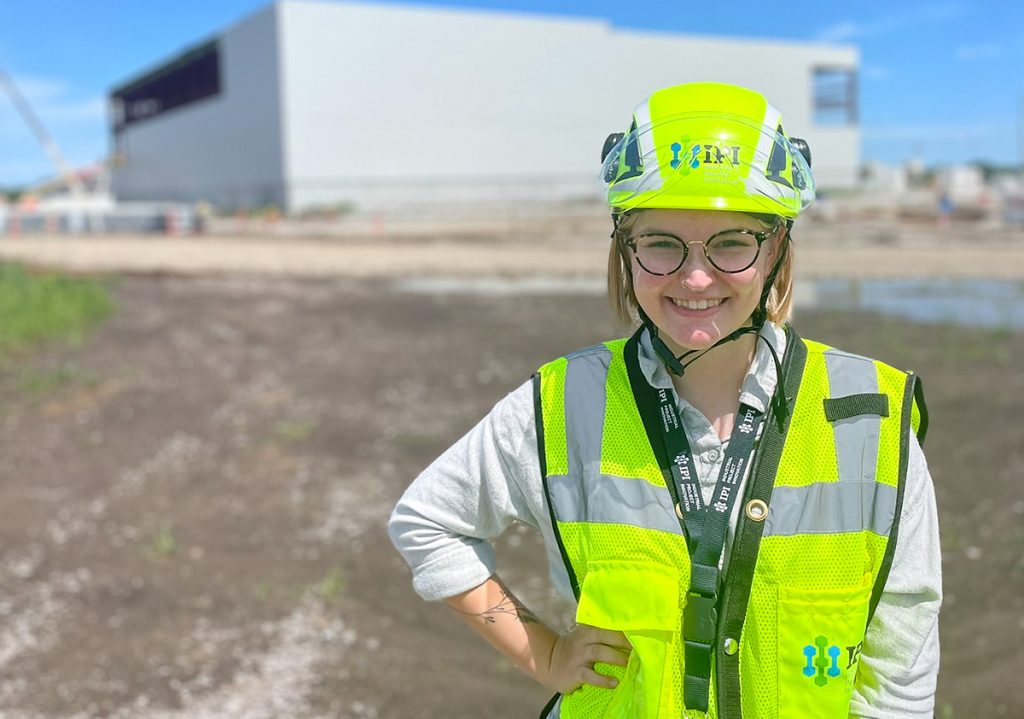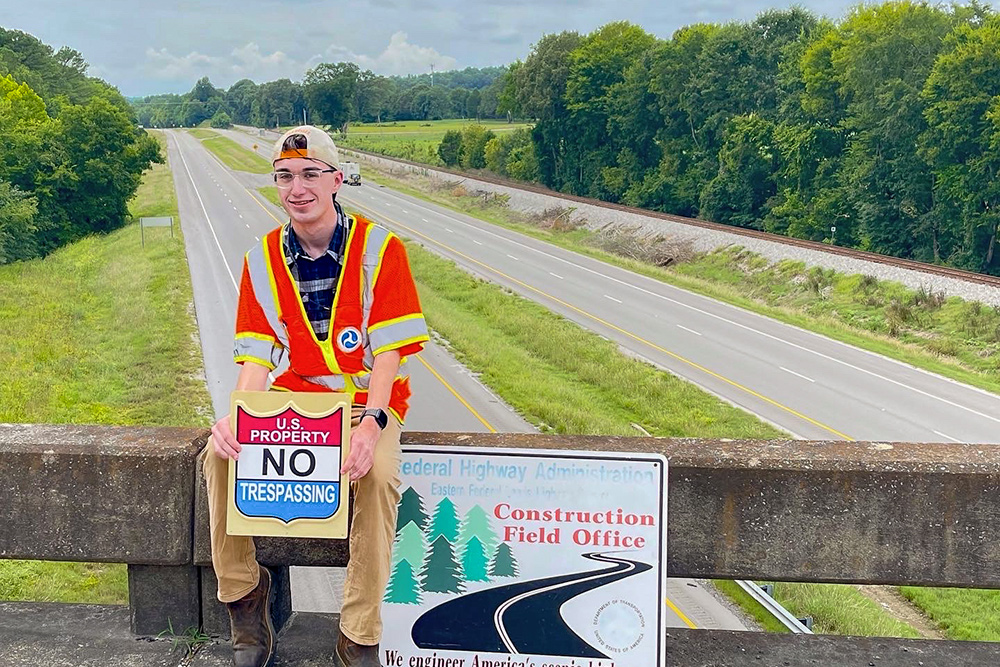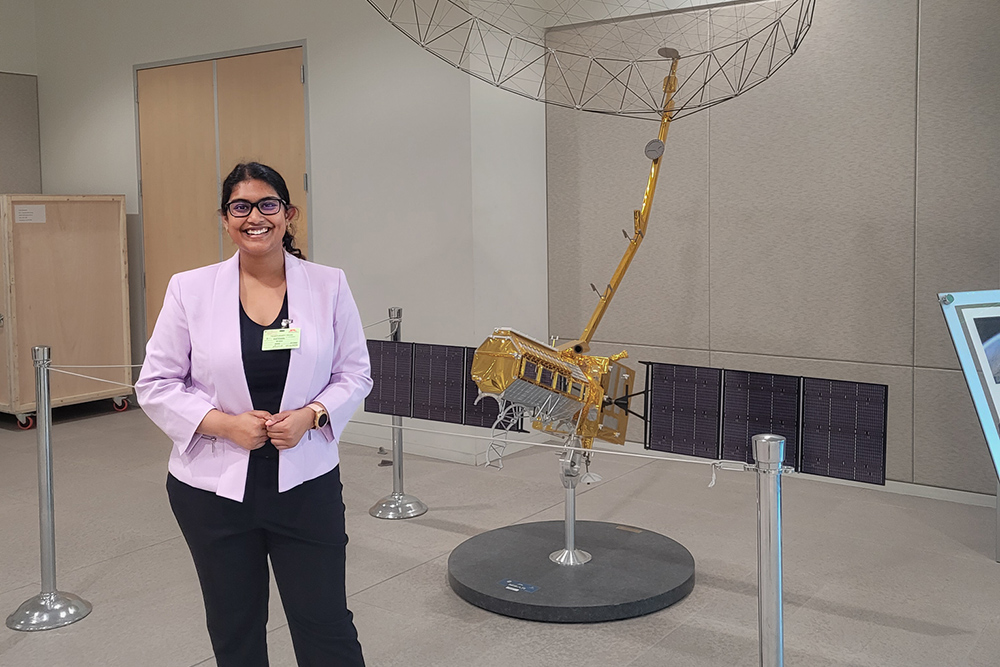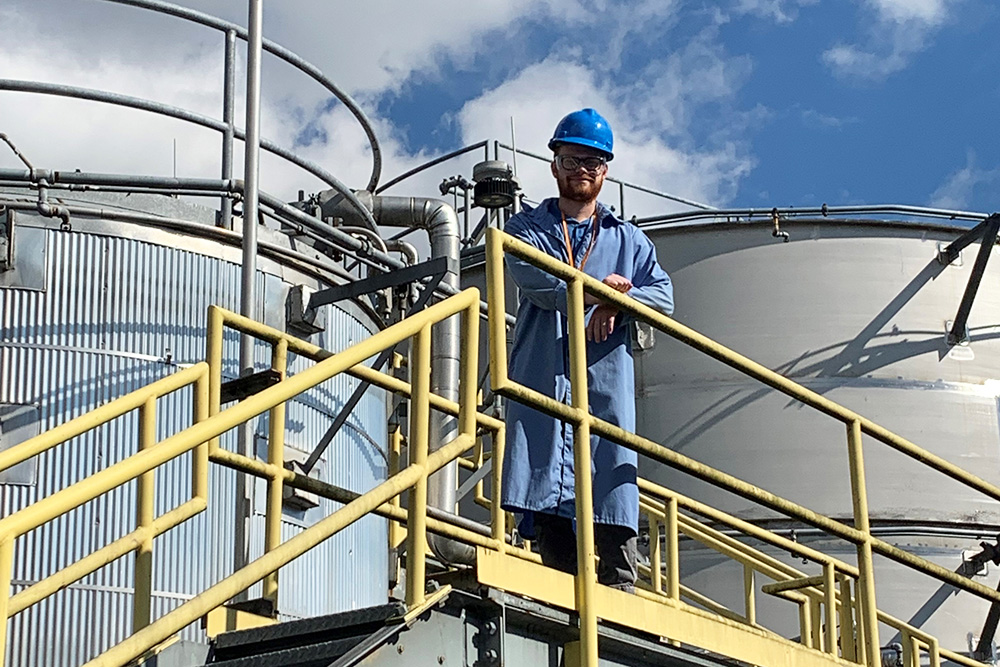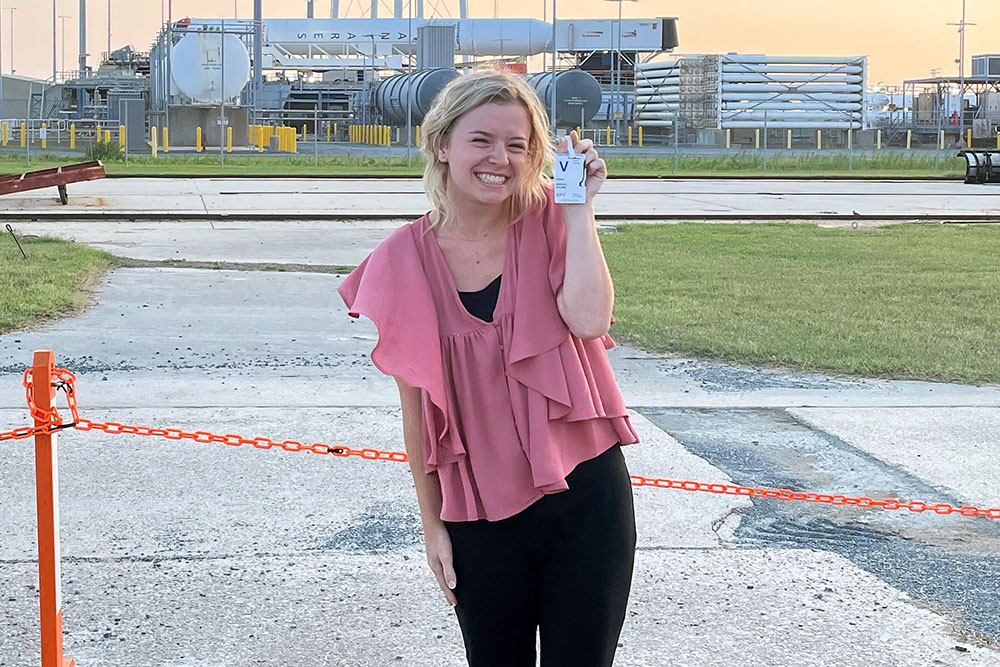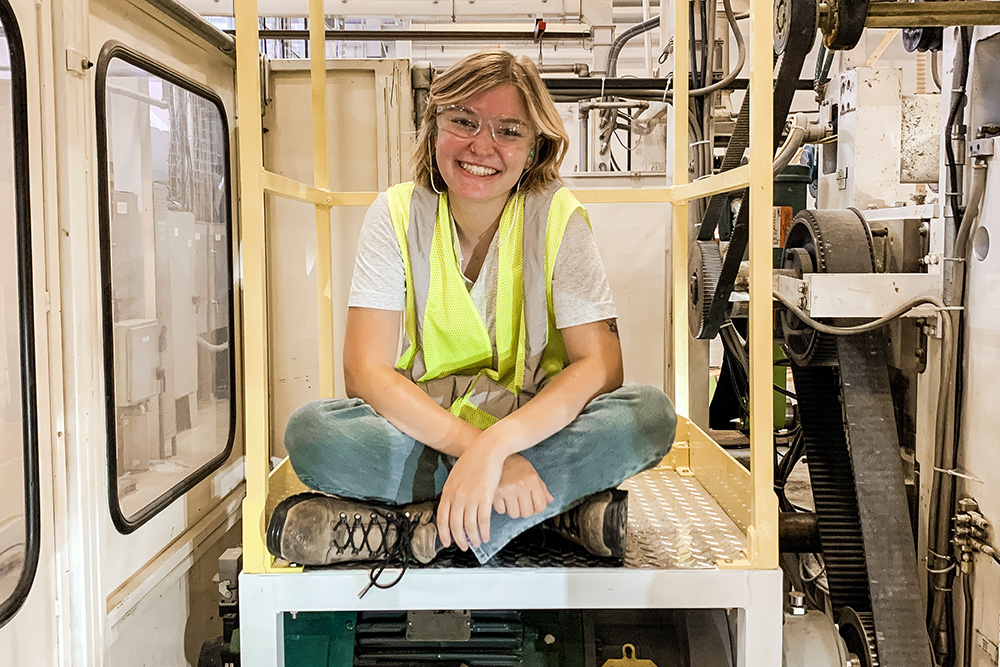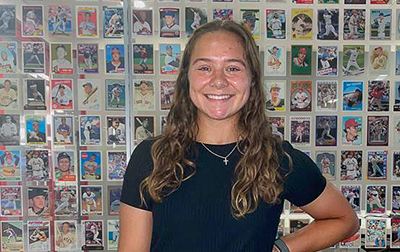
Taylor Rogers
Taylor Rogers, senior in computer science, interned in summer 2021 with Eastman Chemical and for summer 2022 interned with Major League Baseball in New York City.
This assignment has been an incredible opportunity to expand industry-specific knowledge, foster connections with a variety of people, and develop as a young professional.
As a Baseball Operations intern, I have particularly enjoyed gaining insight into various aspects of MLB.
I encourage you to visit the Engineering Professional Practice and take advantage of resources it offers. Whether you would like help with your resume, interview tips, or advice in navigating a career, the Engineering Professional Practice staff is there to assist.
After this role, I will have worked for two unique companies. Not only are the companies in different industries, but the groups in which I interned are also very different. One of my takeaways from my contrasting experiences is that although certain skills may seem job-specific, many are transferable. This point motivates me to lean into each task, conversation, or event I have as it presents an opportunity to grow and prepare for the future.
